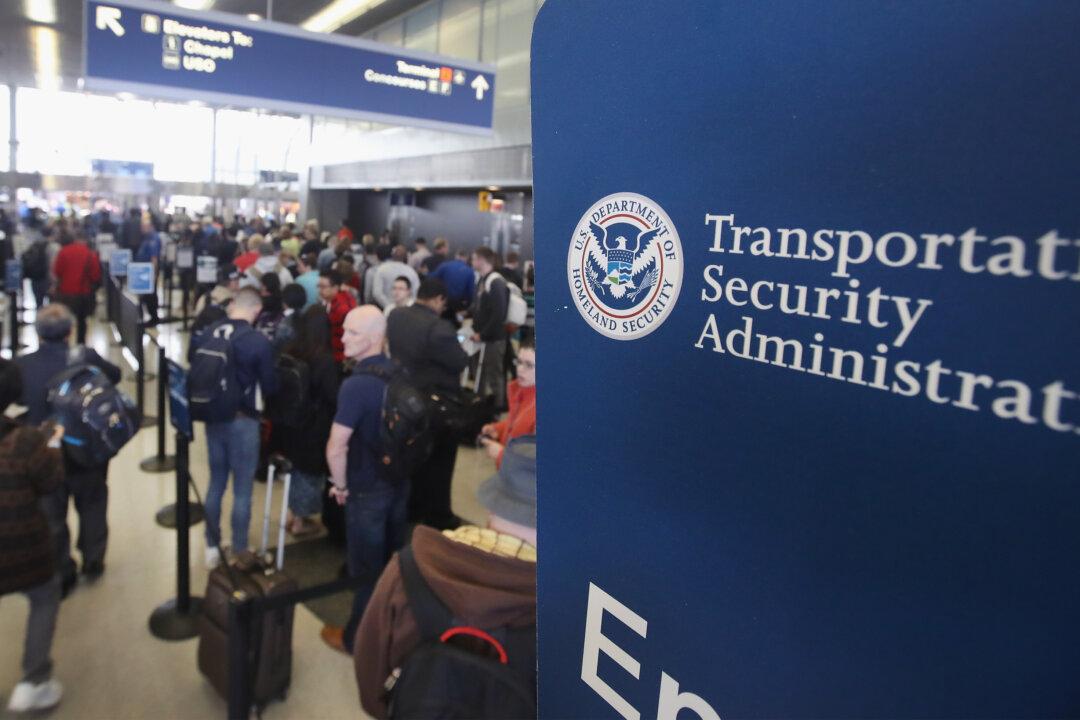The Transportation Security Administration (TSA) this week issued a new set of cybersecurity requirements for certain TSA-regulated airports, airlines, and aircraft operators.
Referred to by the TSA as an “emergency” cybersecurity amendment, the new requirements are aimed at bolstering aviation security amid “persistent cybersecurity threats against U.S. critical infrastructure, including the aviation sector,” the agency said.




